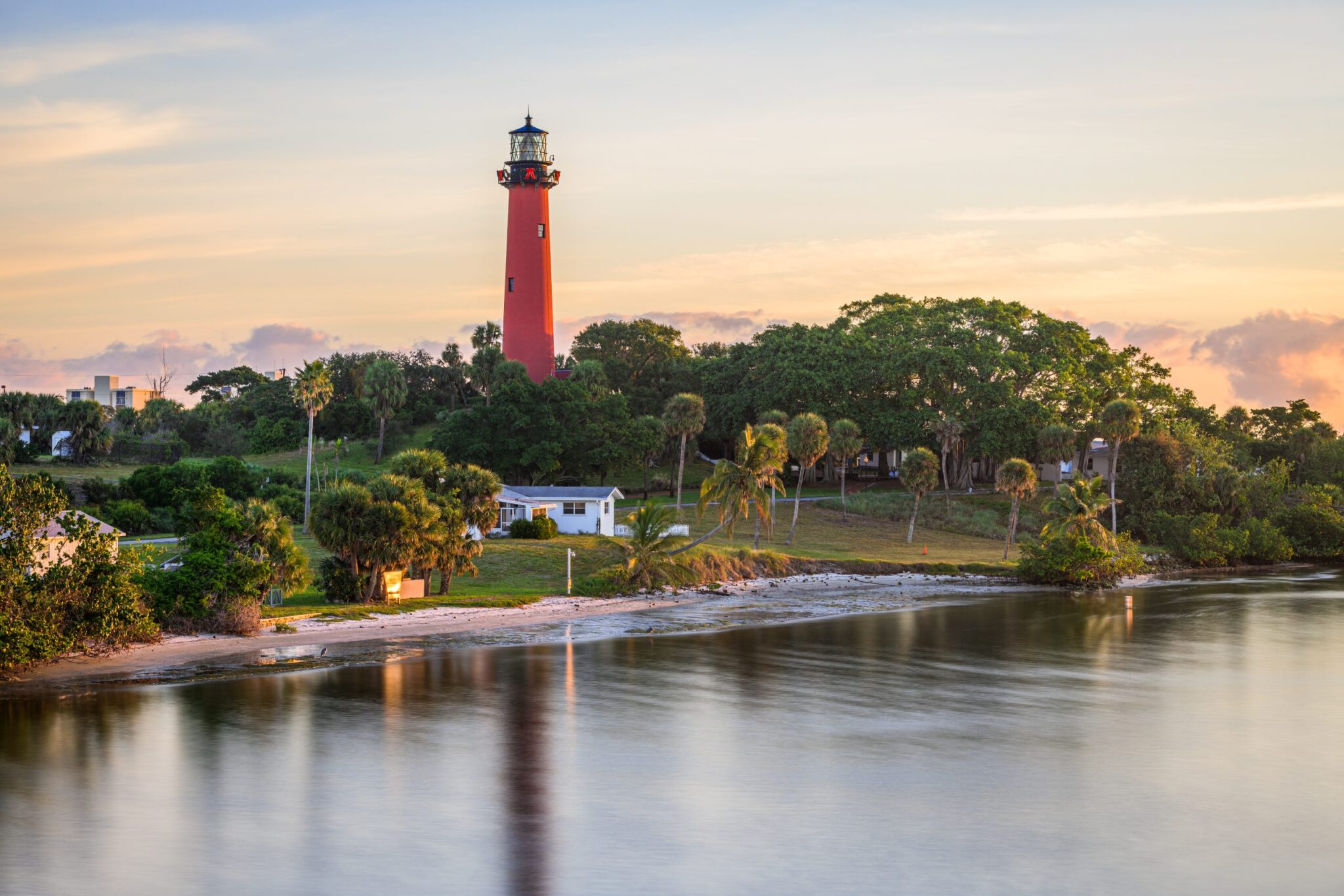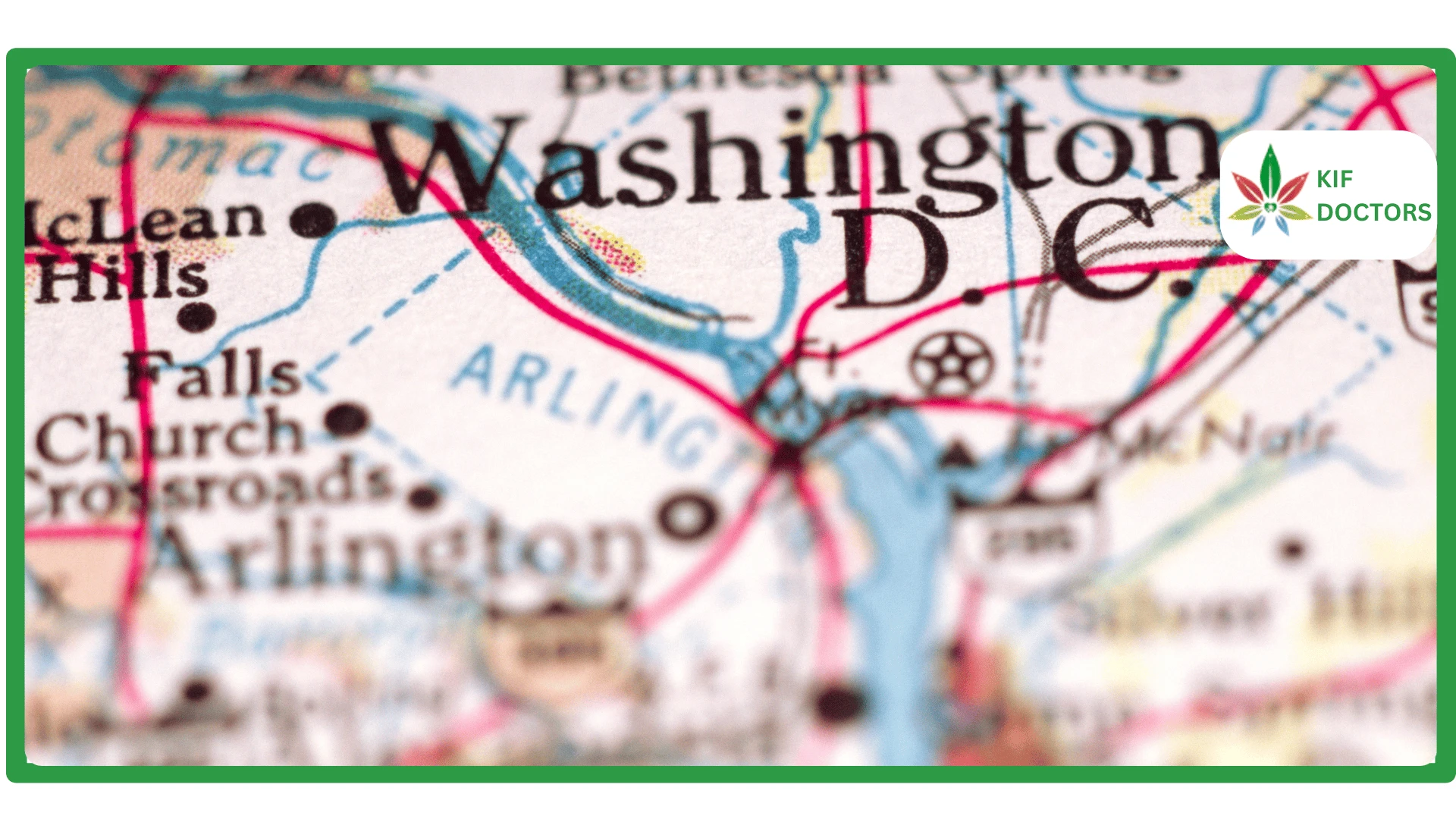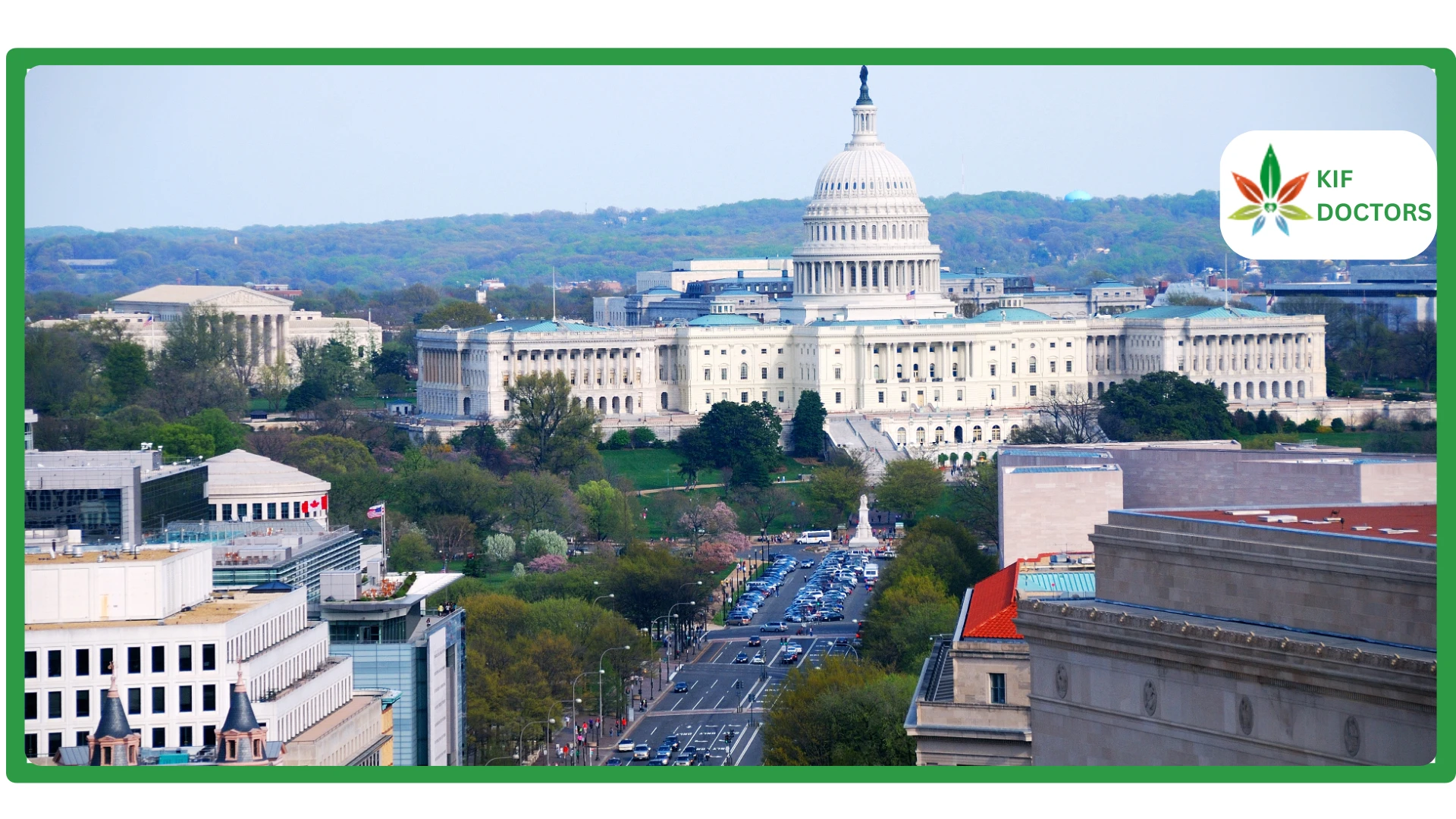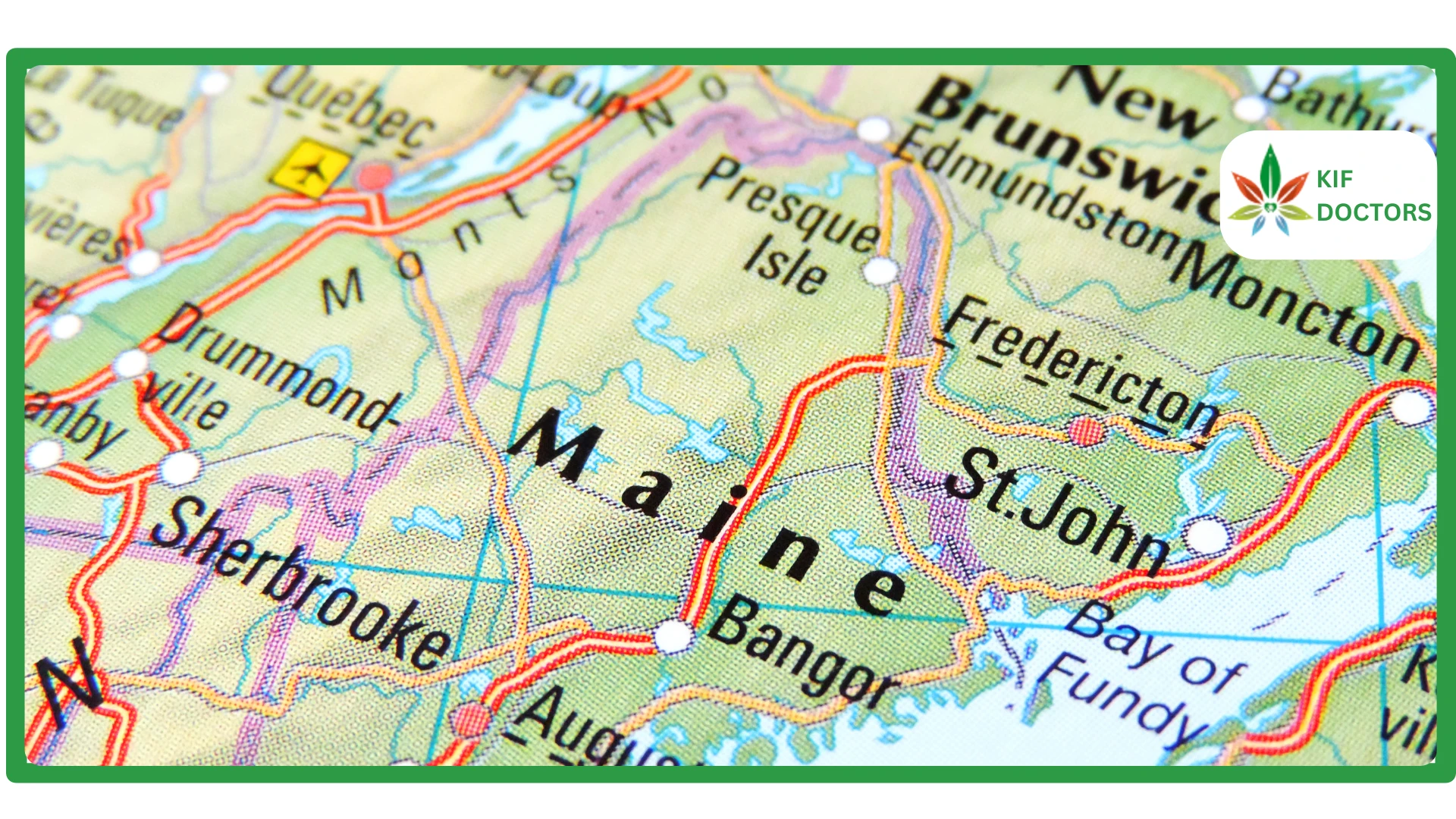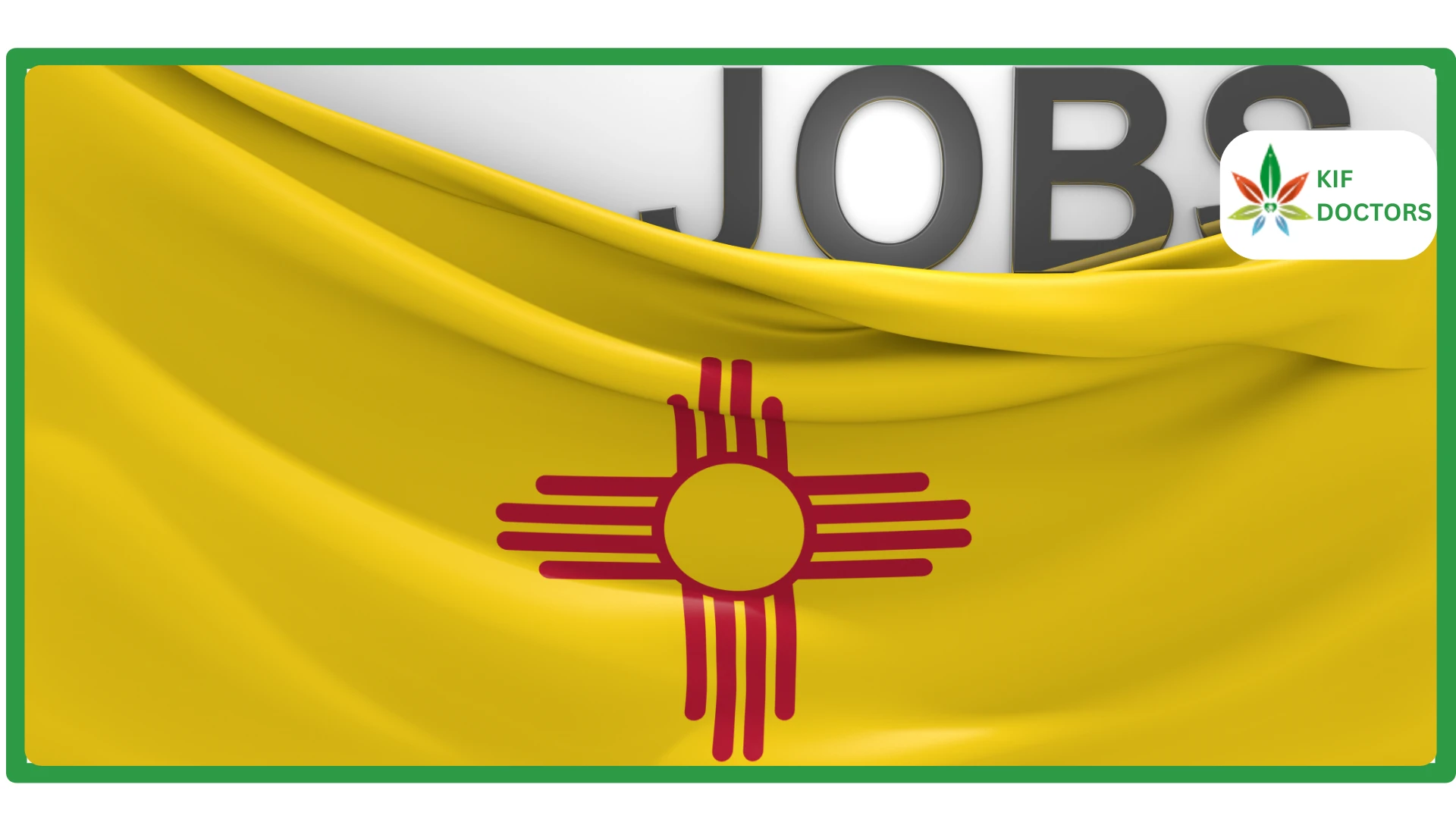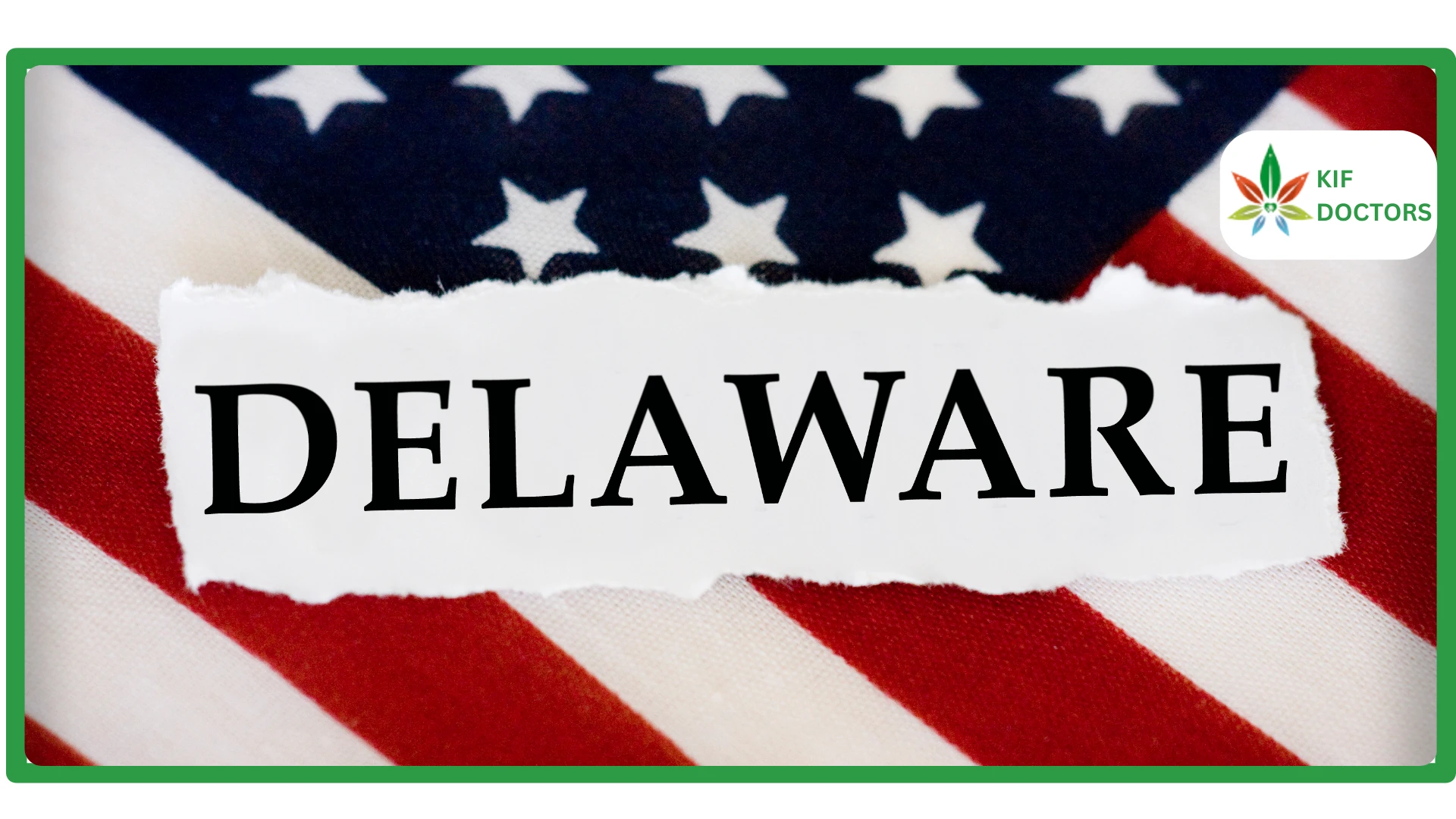Florida’s relationship with cannabis is a complex one, shaped by years of legislative changes, public sentiment, and ongoing debates. For residents, visitors, or anyone curious about the state’s marijuana laws, understanding the current legal landscape is essential. Whether you’re exploring medical marijuana as a treatment option or wondering about the prospects of recreational use, this guide provides a comprehensive look at Florida’s cannabis laws in 2025. From medical marijuana regulations to penalties for recreational use, we’ll break it all down in a way that’s clear and approachable.
The Current State of Marijuana in Florida
In 2025, Florida’s cannabis laws remain centered on medical use, with recreational marijuana still illegal. The state has a robust medical marijuana program, but strict regulations govern who can access it and how it can be used. Efforts to legalize recreational marijuana have gained traction in recent years, but significant hurdles remain. Let’s dive into the specifics of what’s legal, what’s not, and what might be on the horizon.
Medical Marijuana: Legal and Regulated
Florida’s medical marijuana program began in 2016 with the passage of Amendment 2, also known as the Florida Medical Marijuana Legalization Initiative. This voter-approved measure expanded access to cannabis for patients with qualifying medical conditions, building on the Compassionate Medical Cannabis Act of 2014, which allowed limited use of low-THC cannabis. Today, the program is overseen by the Florida Department of Health’s Office of Medical Marijuana Use (OMMU), which regulates everything from patient certifications to dispensary operations.
Medical marijuana is legal for Florida residents who meet specific criteria. To qualify, patients must:
- Be a permanent or seasonal resident of Florida.
- Have a qualifying medical condition, such as cancer, epilepsy, glaucoma, HIV/AIDS, PTSD, ALS, Crohn’s disease, Parkinson’s disease, multiple sclerosis, chronic nonmalignant pain, or a terminal condition diagnosed by a physician.
- Be certified by a licensed physician who has completed required training.
- Obtain a Medical Marijuana Use Registry (MMUR) identification card.
As of 2025, over 880,000 Floridians hold active medical marijuana cards, and there are approximately 650 licensed dispensaries, known as Medical Marijuana Treatment Centers (MMTCs), operating across the state. These centers are the only legal places to purchase medical cannabis, ensuring a controlled and regulated supply chain.
Patients with an MMUR card can purchase various forms of cannabis, including smokable flower, edibles, tinctures, inhalation products, and topicals. However, there are strict limits:
- Smokable flower: Up to 2.5 ounces every 35 days.
- Whole-flower cannabis possession: No more than 4 ounces at any time.
- Non-smokable forms (e.g., edibles, tinctures): A 70-day supply limit, equivalent to 24,500 mg of THC.
These limits reflect Florida’s cautious approach to medical marijuana, balancing patient access with regulatory oversight. For those seeking relief from debilitating conditions, I always recommend going for a Medical Marijuana Card Online Instantly. Services like Kif Doctors make the process seamless, allowing patients to apply, get approved, and access cannabis quickly and legally.
Recreational Marijuana: Still Illegal, but Change Is Brewing
Despite growing public support, recreational marijuana remains illegal in Florida. In November 2024, voters considered Amendment 3, a ballot initiative to legalize adult-use cannabis for those 21 and older. Although it garnered 56% of the vote, it fell short of the 60% supermajority required to pass under Florida’s constitution. The initiative, backed by major players like Trulieve, the state’s largest medical marijuana company, would have allowed adults to possess up to 3 ounces of marijuana and permitted existing MMTCs to sell to non-patients.
Following the defeat, advocates haven’t given up. Smart & Safe Florida, the group behind Amendment 3, has filed a new proposal for the 2026 ballot. This revised measure addresses some criticisms raised by opponents, including Governor Ron DeSantis, who campaigned heavily against the 2024 initiative. Key changes include:
- Lowering the possession limit to 2 ounces.
- Explicitly prohibiting smoking or vaping marijuana in public places.
- Banning marketing and packaging that could appeal to children.
- Allowing the legislature to license new recreational cannabis businesses, potentially reducing the dominance of existing MMTCs.
The 2026 proposal also aims to create a wholesale market, which could diversify products and lower costs for consumers. However, it still faces challenges, including the 60% voter threshold and potential opposition from conservative lawmakers. For now, recreational use remains a criminal offense, with penalties depending on the amount possessed.
Penalties for Illegal Marijuana Use and Possession
Florida’s laws are strict when it comes to recreational marijuana or unauthorized possession. Without a medical marijuana card, possessing cannabis can lead to serious consequences. Penalties under Florida Statutes include:
- 20 grams or less: First-degree misdemeanor, up to 1 year in jail, and a $1,000 fine.
- More than 20 grams to 25 pounds: Felony, up to 5 years in prison, and a $5,000 fine.
- 25 to 2,000 pounds or 300–2,000 plants: Felony, 3 to 15 years in prison, and a $25,000 fine.
- 2,000 to 10,000 pounds or 2,000–10,000 plants: Felony, 7 to 30 years in prison, and a $50,000 fine.
- 10,000 pounds or more: Felony, 15 to 30 years in prison, and a $200,000 fine.
Possession near schools, parks, or other designated areas can result in additional penalties, including an extra 3–15 years in prison and a $10,000 fine. Convictions also lead to a one-year driver’s license suspension, adding to the long-term impact.
However, some counties and municipalities, such as Miami-Dade, Broward, Palm Beach, Tampa, and Orlando, have decriminalized possession of up to 20 grams. In these areas, offenders may face a fine, drug education program, or community service instead of jail time. Still, decriminalization is not legalization, and penalties vary by location, so it’s critical to know local laws.
Hemp and Delta-8 THC: The Legal Loophole
While recreational marijuana is off-limits, hemp-derived products like delta-8 THC have created a gray area. The 2018 Farm Bill legalized hemp with less than 0.3% delta-9 THC, allowing the sale of hemp-based products like CBD and delta-8 THC. Delta-8, often called “diet weed,” is psychoactive but less potent than delta-9 THC, the primary intoxicating compound in marijuana.
In Florida, delta-8 products are sold in smoke shops, vape stores, and even gas stations, exploiting this federal loophole. However, concerns about unregulated production and potential health risks led to legislative action. In 2024, Florida passed SB 1698, banning delta-8 products statewide to address safety and youth access issues. Despite this, some hemp products with low THC levels remain legal, creating confusion for consumers.
If you’re considering hemp-derived products, exercise caution. Unlike medical marijuana, these products lack oversight, and their legal status can change quickly. Always check the latest regulations and opt for lab-tested products from reputable sources.
Can You Grow Your Own Marijuana?
Growing marijuana at home is illegal in Florida, even for medical marijuana patients. Only state-licensed MMTCs can cultivate cannabis, ensuring tight control over production. Unauthorized cultivation carries severe penalties, including felony charges and prison time, depending on the number of plants.
However, proposed legislation for 2025 could change this. SB 552, a bill under consideration, would allow qualified patients to apply for a certificate to grow up to two cannabis plants for personal use, with a household limit of two plants regardless of the number of patients. While this would be a significant shift, the bill faces opposition and is not yet law. For now, home cultivation remains a risky endeavor.
Medical Marijuana and Employment
Navigating medical marijuana use in the workplace can be tricky. Florida law does not explicitly protect employees from being fired for using medical cannabis, even with a valid MMUR card. Employers can enforce drug-free workplace policies, and federal law, which classifies marijuana as a Schedule I substance, offers no protections.
That said, proposed bills like SB 142 and HB 83 aim to change this by prohibiting public employers from taking adverse actions against employees or job applicants who are qualified medical marijuana patients, provided their use does not impair job performance. These bills are still under review, but they signal growing recognition of patients’ rights.
If you’re a medical marijuana patient, discuss your situation with your employer and consult a legal professional to understand your rights. Workplace policies vary, and some employers may be more accommodating than others.
Traveling with Marijuana in Florida
Traveling with marijuana, even medical cannabis, requires caution. Florida does not offer reciprocity for out-of-state medical marijuana cards, meaning visitors cannot legally use their cards from other states. However, SB 552 proposes allowing visiting patients to register in Florida, which could ease restrictions if passed.
Within Florida, patients can transport medical marijuana purchased from MMTCs, but it must be in its original packaging and accompanied by an MMUR card. Public consumption is prohibited, and using cannabis on public transportation, in vehicles, or in federal spaces部分
Crossing state lines with marijuana, even medical cannabis, is illegal under federal law, so avoid traveling out of Florida with it. Airports and federal properties are under federal jurisdiction, where marijuana is strictly prohibited. Always store cannabis securely and out of reach, especially around children.
The Future of Marijuana in Florida
Florida’s cannabis landscape is evolving rapidly. Public support for legalization is strong, with polls showing consistent majorities favoring recreational use. The 2026 ballot initiative could be a game-changer, but it will need to overcome political resistance and the 60% threshold. Meanwhile, the medical marijuana program continues to expand, with nearly double the number of licensed MMTCs expected by 2026, increasing access for patients.
Legislative proposals for 2025, such as expanding qualifying conditions, allowing telehealth for initial certifications, and permitting home cultivation, reflect a growing willingness to refine the medical program. At the federal level, efforts to reclassify marijuana as a Schedule III substance could also ease banking and research restrictions, benefiting Florida’s cannabis industry.
For now, staying informed is key. Whether you’re a patient, advocate, or curious resident, understanding Florida’s laws helps you navigate this complex landscape safely and legally.
Frequently Asked Questions
Who can qualify for a medical marijuana card in Florida?
To qualify, you must be a Florida resident (permanent or seasonal), have a qualifying medical condition (e.g., cancer, epilepsy, PTSD), and be certified by a licensed physician. You’ll also need an MMUR card from the OMMU.
Can I use my out-of-state medical marijuana card in Florida?
No, Florida does not recognize out-of-state medical marijuana cards. You must have a Florida MMUR card to purchase and use medical cannabis legally.
What happens if I’m caught with marijuana without a medical card?
Possession of 20 grams or less is a misdemeanor with up to 1 year in jail and a $1,000 fine. Larger amounts can lead to felony charges, with prison time and heftier fines.
Can I grow marijuana at home in Florida?
No, home cultivation is illegal for both medical and recreational use. Only licensed MMTCs can grow cannabis, but proposed legislation may allow limited home growing in the future.
Is delta-8 THC legal in Florida?
Delta-8 THC was banned in Florida under SB 1698 in 2024 due to safety concerns. However, other hemp products with less than 0.3% delta-9 THC remain legal under federal law.
Conclusion
Florida’s marijuana laws in 2025 reflect a state at a crossroads. The medical marijuana program is well-established, offering relief to hundreds of thousands of patients, but recreational use remains out of reach for now. With strict penalties for unauthorized possession, a ban on home cultivation, and limited workplace protections, navigating the legal landscape requires care. Yet, the push for reform is undeniable, from proposed legislation to the 2026 ballot initiative. By staying informed and following the law, you can make sense of Florida’s cannabis policies and prepare for what’s next.
For more information, visit the Florida Office of Medical Marijuana Use or check updates from Tallahassee Democrat.
 Since 2021, Kif offers a streamlined platform to get a medical marijuana card online. We have served more than 45K patients across the United States. Sign Up Now to get the right to use medical cannabis for your health condition without any delay.
Since 2021, Kif offers a streamlined platform to get a medical marijuana card online. We have served more than 45K patients across the United States. Sign Up Now to get the right to use medical cannabis for your health condition without any delay.















